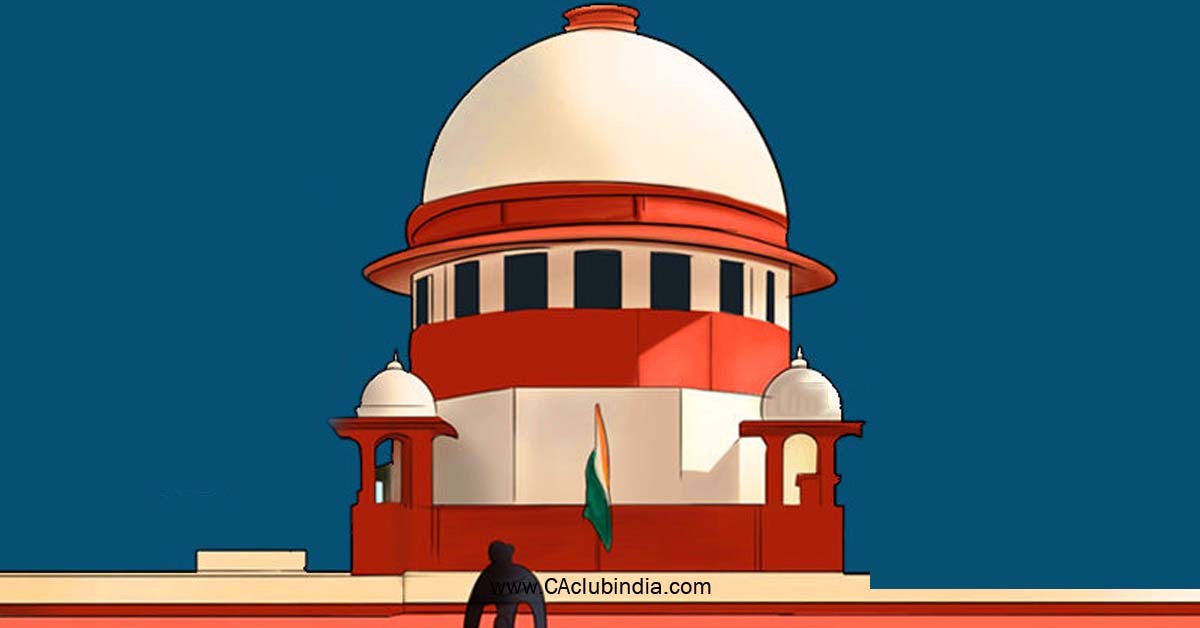Supreme Court Ruling: Officer's Duty in Defective Tax Returns and Legal Validity of Reassessment
The Supreme Court on Tuesday clarified that if a tax return is deemed defective, it is the responsibility of the assessing officer to inform the assessee and provide an opportunity for rectification. The court emphasized that if the officer fails to exercise this discretion, the return cannot be labeled as defective.
The Bench of Justices BV Nagarathna and Ujjal Bhuyan underscored, "Ascertaining the defects and intimating the same to the assessee for rectification are within the realm of discretion of the assessing officer. It is for him to exercise discretion. The burden is on the assessing officer. If he does not exercise the discretion, the return of income cannot be construed as a defective return."

The court's deliberation was prompted by a crucial question - whether the reopening of a concluded assessment, i.e., reassessment under Section 147 of the Income Tax Act, 1961, following the issuance of notice under Section 148, is legally sustainable or flawed.
The case in question involved a partnership firm, which, during the filing of returns for three assessment years (1990-91, 1991-92, and 1992-93), had not submitted a balance sheet or regular books of account due to a search and seizure operation by the Revenue.
Subsequently, assessment orders were passed under Section 143(3) of the Act. In later years, the firm submitted a profit and loss account along with a balance sheet, leading the assessing officer to discover a discrepancy. This prompted the reopening of the appellant's assessment for AYs 1988-89 to 1993-94.
The assessing officer considered the profit and loss account and balance sheet filed by the appellant before the South Indian Bank, leading to the completion of assessments for AYs 1988-89 and 1989-90. Reassessments were also conducted based on the accounts submitted to the Bank.
Challenging the reassessment orders, the firm argued that reopening after the expiration of four years from the end of the relevant AY was barred by limitation, as per the proviso to Section 147. They contended that income escaping assessment could not be computed on an estimated basis.
The CIT(A) rejected the appellant’s contentions but noted the assessing officer's reliance on the balance sheet filed in 1989 for reconciling accounts. The Income Tax Appellate Tribunal held that the reassessments lacked fresh material and were not justified, considering the case to be covered under the proviso to Section 147 and declaring the reassessment barred by limitation.
However, the High Court reversed the Tribunal's finding in appeals filed by the Revenue. The firm and its partners then approached the Supreme Court.
The Supreme Court, while recognizing that a return filed without a regular balance sheet and profit and loss account may be deemed defective, clarified that it is not invalid. It further emphasized that the production of books of accounts or other material evidence that could ordinarily be discovered by the assessing officer does not amount to a true and full disclosure. The court's ruling provides clarity on the duties of assessing officers and the legal validity of reassessments in such cases.






 CAclubindia
CAclubindia

